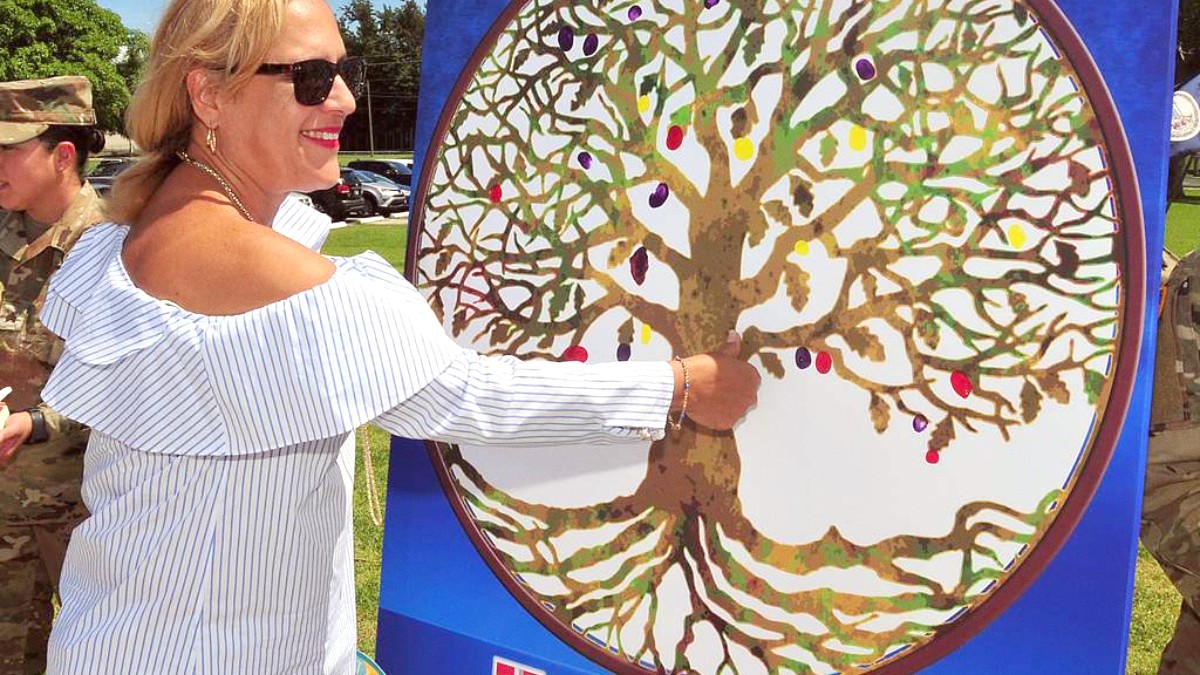
Amazon Basin, Peru
The Tambopata National Reserve and Bahuaja-Sonene National Park protect incredible biodiversity and vast rainforest tracts.
Waste management in Puerto Maldonado is basic. Do not litter. Many eco-lodges have robust recycling and composting programs.
Be mindful of your water usage. Take shorter showers and turn off taps when not in use.
Support conservation and ethical practices.
Choose lodges and tour operators committed to environmental sustainability. Look for practices like renewable energy use, proper waste disposal, and minimal wildlife impact.
Consider offsetting the carbon emissions from your flights. Some airlines or third-party organizations offer this option.
Purchase crafts directly from artisans in local markets or during community visits. This fair trade practice supports local livelihoods. Brazil nut products are also a sustainable livelihood.
Community-based tourism initiatives direct economic benefits to local communities. This empowers them to protect their land and culture.
Choose lodges committed to environmental sustainability.
Explore Sustainable GearTourism presents an economic alternative to destructive activities like illegal logging and mining, benefiting the region's conservation.
Engage with local cultures respectfully.
Always ask permission before taking photos of people. Dress modestly when visiting communities. Use basic Spanish greetings like "Hola" and a smile.
Be discreet and respectful with your photography. Avoid intrusive photography, especially in private homes or during religious ceremonies. Recognize that people are not tourist attractions.
If visiting a church in Puerto Maldonado, dress respectfully. Remove hats upon entering. Keep noise levels low. Be mindful of ongoing services.
Support the local economy and ensure your visit benefits the community.
Be aware of problematic activities and avoid supporting them.
Avoid supporting businesses or purchasing gold from unofficial sources related to illegal gold mining. This is a major environmental and social issue in the Madre de Dios region.
Never purchase souvenirs made from endangered animals or illegally harvested plants (e.g., wild animal parts, feathers, exotic woods). Such purchases fuel illegal trade and endanger species.
Be vigilant for and report any signs of child exploitation. If you witness or suspect such activities, report them to local authorities or your embassy.
Puerto Maldonado's infrastructure for accessibility is limited. Travelers would heavily rely on personal assistance or specialized tour operators for navigation.
If you wish to donate, do so through reputable local NGOs or established community projects. Do not give money directly to individuals, as it can create dependency and disrupt local social structures. Your lodge or guide can recommend transparent and effective local initiatives.